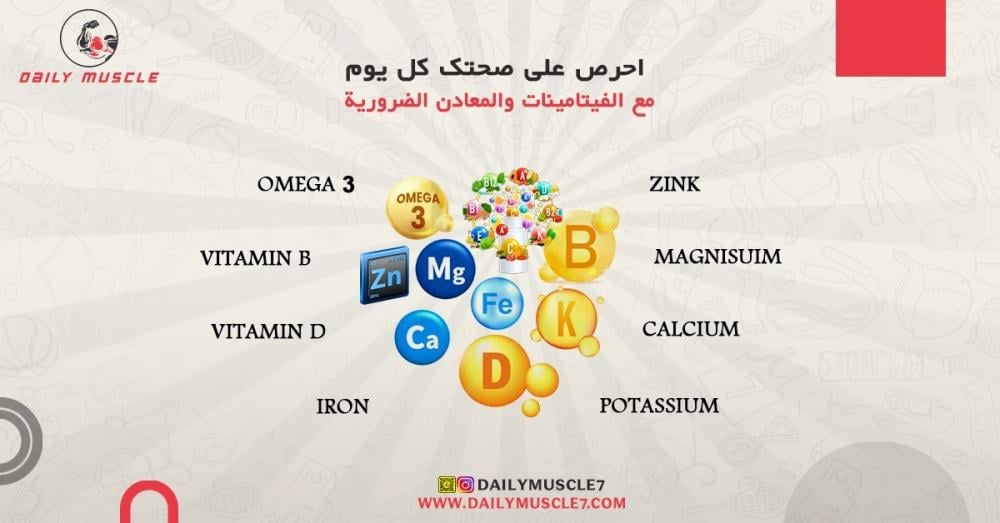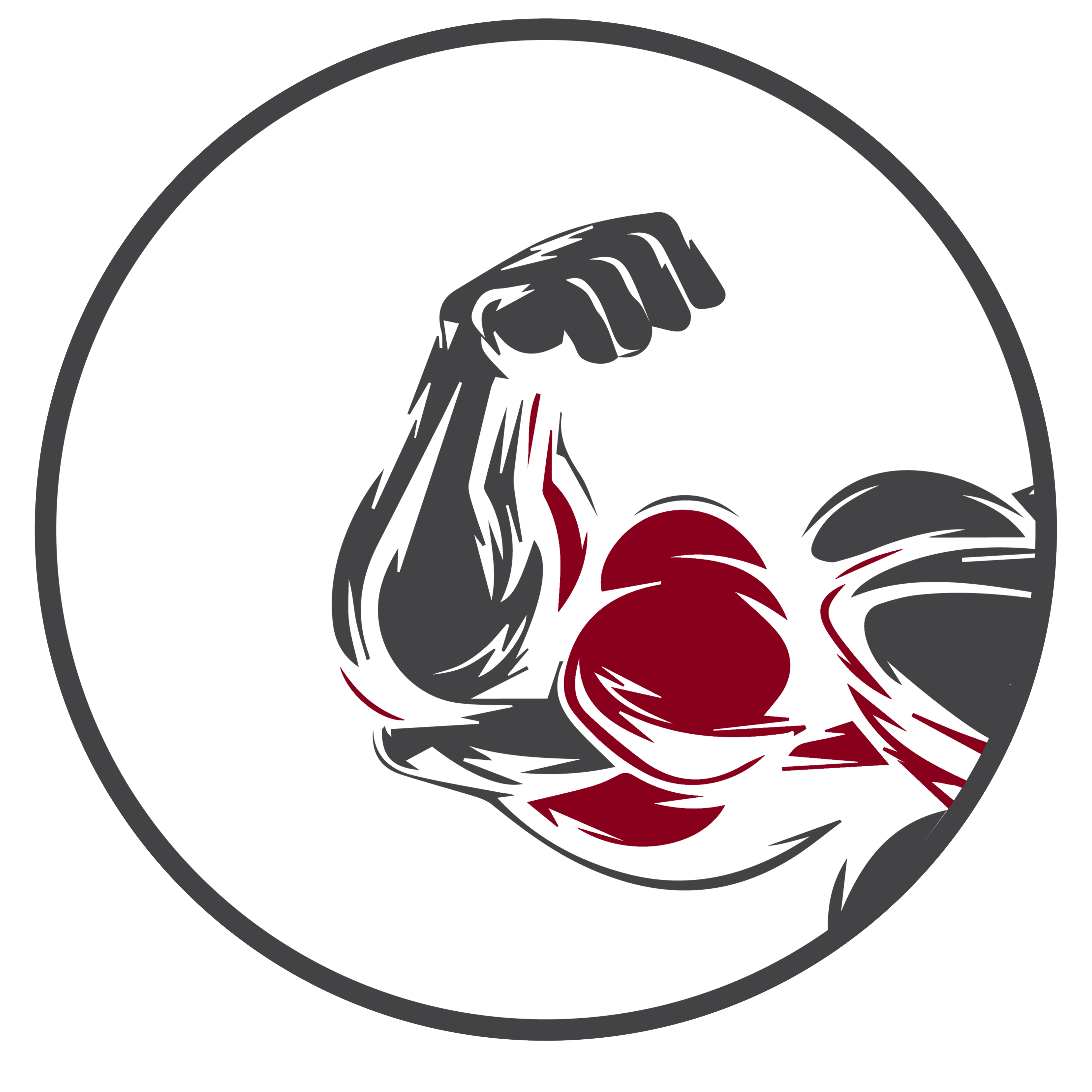
Vitamins and Minerals for Athletes
Vitamins and minerals are an essential part of anyone's diet, but their importance is amplified when it comes to athletes. Whether you exercise regularly or are preparing for a competition, getting enough vitamins and minerals can improve performance, aid in recovery, and reduce the risk of injuries. In this article, we will look at the most important vitamins and minerals athletes need and why they are crucial for their bodies.
Vitamin D
Vitamin D is essential for bone health and for promoting calcium absorption. For athletes, maintaining strong bones is crucial to endure intense workouts and prevent fractures. Some studies have shown that athletes with a deficiency in vitamin D are more prone to injuries.
Sources of Vitamin D
Sun exposure is the main source, along with foods like fatty fish, egg yolks, and fortified dairy products.
Vitamin B Complex
The B vitamins play a vital role in generating energy from carbohydrates, proteins, and fats. Athletes need adequate levels of these vitamins to maintain energy levels during exercise. For instance, Vitamin B12 is necessary for the formation of red blood cells, which help transport oxygen to the muscles.
Sources of Vitamin B
Whole grains, meat, eggs, and dark leafy vegetables.
Calcium
Intense physical activity can put additional stress on bones, making calcium essential for supporting bone health and preventing osteoporosis and fractures. It also plays a significant role in muscle contraction.
Sources of Calcium
Dairy products like milk and yogurt, fish like sardines, and leafy greens.
Magnesium
Magnesium helps regulate muscle contractions and prevents cramps. It also contributes to energy production and blood sugar control, making it vital for athletes to ensure they get enough.
Sources of Magnesium
Nuts, seeds, leafy green vegetables, and whole grains.
Iron
Iron plays a key role in transporting oxygen to the muscles by forming hemoglobin. Athletes, especially women and endurance athletes like long-distance runners, are more prone to iron deficiency.
Sources of Iron
Red meat, poultry, spinach, and legumes.
Zinc
Zinc is important for supporting the immune system, speeding up recovery after workouts, and stimulating muscle growth. Athletes with zinc deficiency may experience delayed recovery and muscle soreness.
Sources of Zinc
Oysters, meat, legumes, and nuts.
Potassium and Sodium (Electrolytes)
These minerals play a crucial role in maintaining fluid balance in the body, which is vital for athletic performance. Losing these electrolytes through sweat can lead to muscle cramps and fatigue. Athletes need to replenish electrolytes, especially after long and intense workouts.
Sources of Potassium
Bananas, potatoes, and oranges.
Sources of Sodium
Pickles, salty foods, and fortified sports drinks.
Athletes need a variety of vitamins and minerals to ensure optimal physical performance and overall health. A balanced diet rich in fruits, vegetables, and diverse proteins is the foundation for meeting these needs. Some may require supplements to fill in the gaps, but it is always important to consult a nutrition expert before taking any supplements to ensure proper dosing.

